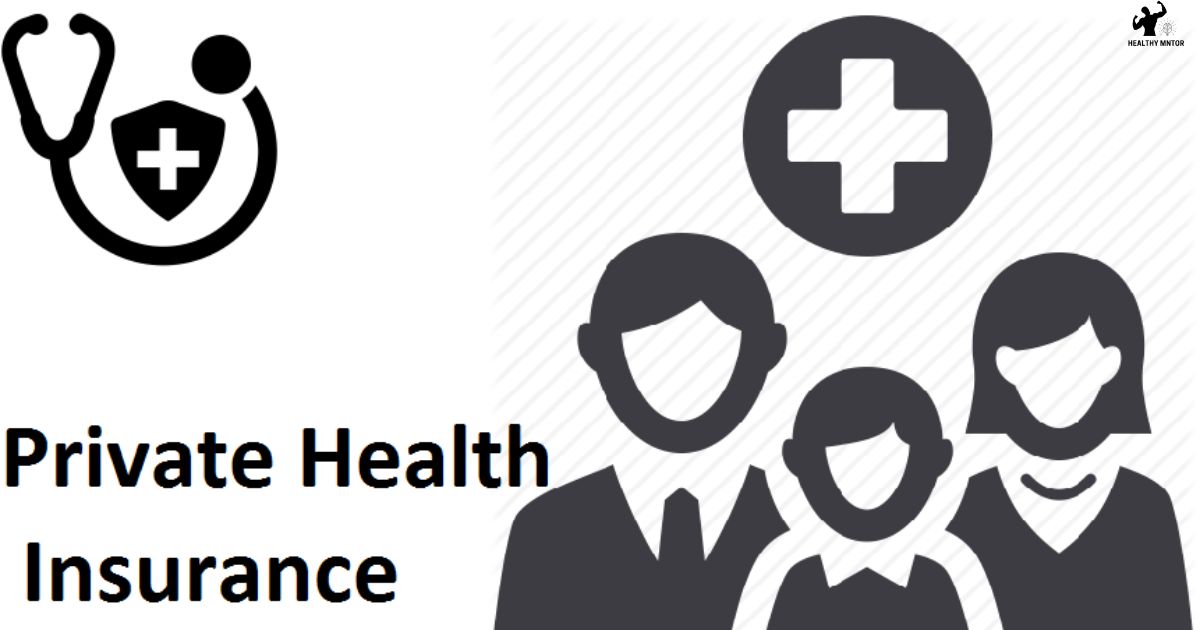As the saying goes, “Family is not an important thing, it’s everything.” When it comes to the health and well-being of our elderly parents, we want to ensure they have the best possible care. One question that often arises is whether we can add our elderly parents to our health insurance. In this article, we will explore the various factors to consider, employer-sponsored insurance options, Medicaid and Medicare options, private health insurance options, and other alternatives to help you make an informed decision.
Key Takeaways
- Adding an elderly parent to health insurance has both benefits and drawbacks, including potential access to quality healthcare and lower premiums, but also the potential increase in premiums and impact on one’s own coverage.
- Employer-sponsored insurance options should be considered, including employer contributions for adding dependents, coverage limitations and age restrictions, provider network, prescription drug coverage, and co-payments and deductibles.
- Medicaid and Medicare options should be explored, taking into account eligibility requirements based on income, assets, age, or disability, as well as comprehensive coverage for hospital stays, doctor visits, and prescription medications.
- Private health insurance options, such as family coverage and supplemental plans, should be compared in terms of costs, network of healthcare providers, coverage for pre-existing conditions, and waiting periods. Other alternatives, such as alternative insurance plans, legal implications, and long-term care options, should also be considered.
Factors to Consider
When considering adding an elderly parent to your health insurance, there are several important factors to take into account. One of the main considerations is understanding the benefits and drawbacks of adding them to your plan. On the positive side, adding your elderly parent to your health insurance can provide them with access to quality healthcare and potentially lower premiums compared to separate coverage. It can also offer peace of mind knowing that your parent’s medical expenses will be covered.
However, there may be some drawbacks as well. Adding an elderly parent to your health insurance can increase your premiums and potentially impact your own coverage. Additionally, certain legal and financial implications need to be considered, such as potential tax consequences and the impact on your parent’s eligibility for government assistance programs like Medicaid. It is crucial to thoroughly analyze these factors before making a decision.
Employer-Sponsored Insurance Options
To explore employer-sponsored insurance options for adding an Elderly Parent To My Health Insurance, it is important to consider the coverage and benefits offered by your employer. Employer-sponsored insurance can be a viable option for extending coverage to your elderly parent, but it’s essential to understand the specifics of your employer’s plan. Here are some key points to keep in mind:
- Employer contributions: Find out if your employer offers any financial assistance or subsidies for adding a dependent to your health insurance plan. This can help offset the additional cost of coverage for your elderly parent.
- Coverage limitations: Understand the limitations of your employer’s plan when it comes to adding an elderly parent. Some plans may have age restrictions or require proof of financial dependency.
- Network restrictions: Check if the provider network includes specialists or facilities that cater to the specific healthcare needs of your elderly parent.
- Prescription drug coverage: Ensure that the plan covers the medications your parent may require, especially if they have chronic conditions.
- Co-payments and deductibles: Familiarize yourself with the out-of-pocket costs associated with adding a dependent to your employer-sponsored plan.
Considering these factors will help you make an informed decision about adding your elderly parent to your health insurance through your employer.
Medicaid and Medicare Options
While exploring options for adding an elderly parent to your health insurance, it is important to consider the Medicaid and Medicare options available. Medicaid and Medicare are government assistance programs that provide health coverage for individuals with low income and those who are 65 years and older, respectively. Medicaid eligibility requirements vary by state, but generally, individuals must meet income and asset limits to qualify.
Medicare, on the other hand, is available to individuals who have paid into the Social Security system and meet certain age or disability requirements. Both programs offer comprehensive health coverage, including hospital stays, doctor visits, prescription medications, and preventive services. Understanding the eligibility requirements for Medicaid and Medicare can help you determine if these government assistance programs are suitable for your elderly parent’s healthcare needs. Now, let’s explore the next section on private health insurance options.
Private Health Insurance Options
Continuing the exploration of healthcare coverage options, let’s delve into the realm of private health insurance for adding an elderly parent to your plan. Private health insurance provides an alternative to Medicaid and Medicare, offering more flexibility and a wider range of coverage options. Here are some key points to consider when looking into private health insurance for your elderly parent:
-
Attorney Override A Health Care Proxy: In some cases, a court may override the decisions of a healthcare proxy, if it is determined that the proxy is not acting in the best interests of the principal. This can happen if the proxy is abusing their power, or if they are not making decisions that are consistent with the principal’s wishes.
-
Cost: Private health insurance can be expensive, especially for older adults. It’s important to compare plans and premiums to find one that is affordable for you and your parent.
-
Coverage: Private health insurance plans vary in terms of the coverage they offer. Be sure to choose a plan that covers the services and medications that your parent needs.
-
Network: Consider the network of providers that are in-network with the plan you are considering. This is important if you want your parent to be able to see their regular doctor or other healthcare providers.
-
Prescription drug coverage: Prescription drug coverage is important for many older adults. Be sure to choose a plan that covers the medications that your parent needs.
-
Gap coverage: If your parent is eligible for Medicare, you may want to consider purchasing a Medicare supplement plan to fill in the gaps in Medicare coverage.
If you are considering adding your elderly parent to your private health insurance plan, it is important to weigh the costs and benefits carefully. Private health insurance can offer more flexibility and a wider range of coverage options than Medicaid or Medicare, but it can also be expensive. Be sure to compare plans and premiums to find one that is affordable for you and your parent.
Other Alternatives to Explore
Another option to consider when exploring healthcare coverage for your elderly parent is to look into alternative insurance plans. These plans can provide additional coverage and support for your parent’s specific needs. It is important to understand the legal implications and long-term care options associated with these alternatives. Here is a table that outlines some of the key differences between private health insurance and alternative insurance plans:
| Private Health Insurance | Alternative Insurance Plans | |
|---|---|---|
| Coverage | May have limitations and exclusions | May offer more comprehensive coverage |
| Cost | Premiums can be expensive | Premiums may be more affordable |
| Eligibility | May have age restrictions | May have more flexible eligibility criteria |
| Additional Benefits | Limited additional benefits | May offer specialized services for elderly care |
Exploring alternative insurance plans can provide your elderly parent with the necessary coverage and support for their healthcare needs. It is important to carefully consider the legal implications and long-term care options before making a decision.
FAQ’s
Can I Add My Elderly Parent to My Employer-Sponsored Health Insurance Plan?
Adding an elderly parent to an employer-sponsored health insurance plan is possible in certain cases. However, eligibility criteria and coverage options may vary depending on the specific plan and the age and health condition of the parent.
What Are the Eligibility Requirements for Medicaid and Medicare Options for Elderly Parents?
The eligibility requirements for Medicaid and Medicare options for elderly parents vary based on income, assets, and age. These programs provide comprehensive healthcare coverage to eligible individuals, ensuring access to necessary medical services and treatments.
Are There Any Age Restrictions for Adding Elderly Parents to Private Health Insurance Plans?
Age restrictions may apply when adding elderly parents to private health insurance plans. It is important to review the specific policy guidelines to determine eligibility. Factors such as age, health status, and relationship to the policyholder may impact coverage options.
Can I Explore Other Alternative Options for Health Coverage for My Elderly Parent Besides Those Mentioned in the Article?
Exploring alternative options for health coverage for an elderly parent is a wise decision. Aside from adding them to your health insurance, there are other options available such as government programs, long-term care insurance, and financial assistance.
Are There Any Financial Assistance Programs Available to Help Cover the Costs of Adding an Elderly Parent to My Health Insurance?
Financial assistance programs may be available to help cover the costs of adding an elderly parent to your health insurance. These programs can provide financial support and additional coverage options to alleviate the burden of healthcare expenses.
Conclusion
In conclusion, adding an elderly parent to your health insurance requires careful consideration of various factors including employer-sponsored insurance options, Medicaid and Medicare options, private health insurance options, and other alternatives. While there may be challenges and limitations in extending coverage, it is crucial to explore these options to ensure that your elderly parent receives the necessary healthcare benefits. By taking the time to research and understand the available options, you can make an informed decision that best meets the needs of your parent.







